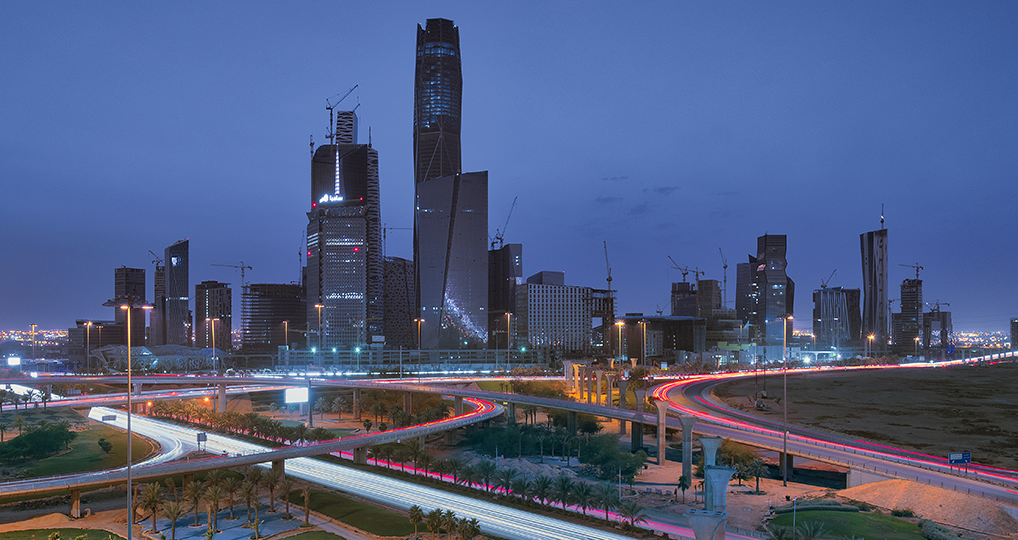Saudi Arabia saw a significant boost in non-oil revenue in the third quarter of this year, with an increase of 63% year-on-year to SR123 billion ($32.8 billion), new data shows, an encouraging trend for policymakers as the market for oil continues on an uncertain path in the face of a global pandemic and global economic slowdown.
The growth in non-oil revenue helped Saudi Arabia slash its deficit by more than half from the previous quarter, as a spike in non-oil revenues offset a continued decline in oil income. Saudi Arabia posted a budget deficit of 40.768 billion riyals ($10.87 billion) in the third quarter this year.
The figures also enabled Saudi Arabia to reach its highest total non-oil quarterly revenues on record since the beginning of the announcement of the first quarterly budget of the Kingdom. For the first time, Saudi non-oil income outstripped oil income, as Arab News reports.
Despite a 30% yearly drop in oil revenues in the third quarter to SR92.582 billion, total revenues increased by 4% year-on-year to SR215.577 billion, partly thanks to an increase in the Kingdom’s VAT. Taxes on goods and services improved from SR37.6 billion to SR51.6 billion, implying an increase of SR14 billion year-on-year.
For the full year of 2020, Al Rajhi Capital expects VAT revenue of SR28 billion and SR88 billion for 2021.
With the trend positive for non-oil revenue in Saudi Arabia, the outlook for the still-critical oil market is less certain, Jadwa Investment says in its latest research note.
Although the market has rebounded in recent months since the start of the pandemic, with Q3 2020 oil demand rising by 8.4 mbpd (10%) quarter-on-quarter, it was still 9.5 mbpd (or 9 percent) lower than the same period last year, Jadwa said.
“Looking ahead, while OPEC expects to see four out of five quarter-on-quarter rises in oil demand for now until Q4 2021, demand is still expected to be 3 percent lower than pre-COVID-19 levels by the end of 2021,” according to Jadwa.
Part of that steady, if slow, recovery is due to the strong compliance of OPEC+ members, Jadwa said, as Saudi Arabia as the de facto leader of the group has emphasized the importance of all members adhering to cuts.
Looking further ahead into 2021, current OPEC forecasts suggest a progressive pick-up in oil demand during the year, and a deficit in daily oil balance, all of which should help lower record high commercial oil inventories and provide support to prices, Jadwa said.
[For more on the latest on the oil market from Jadwa Investment, click here] [Arabic]









